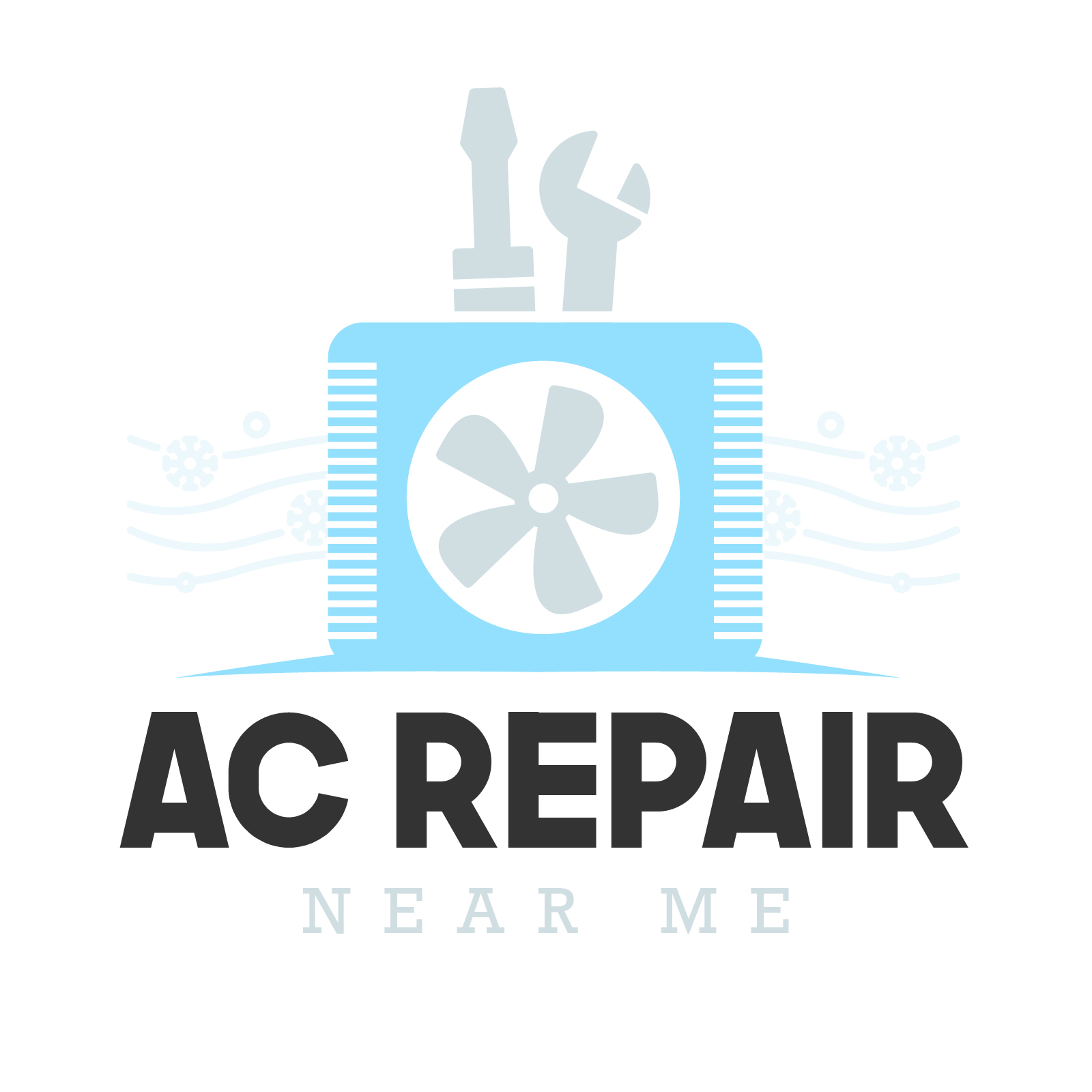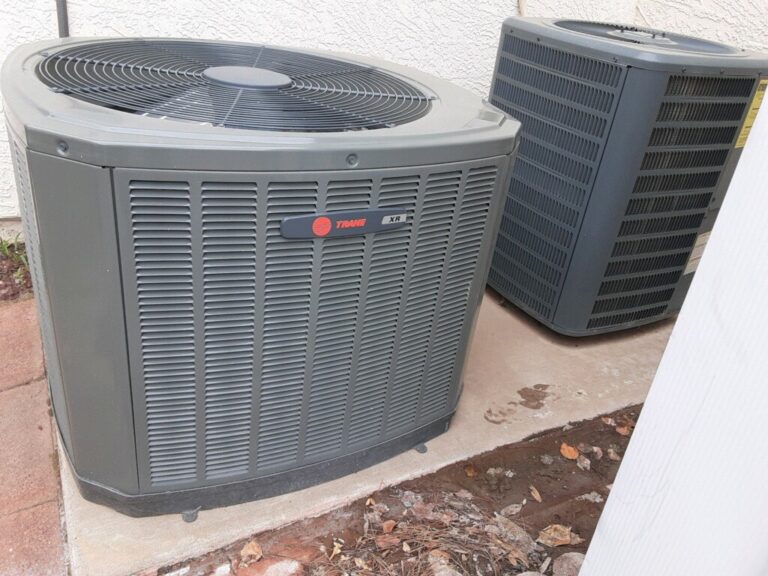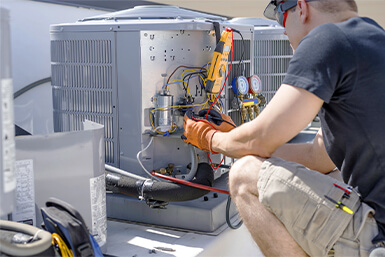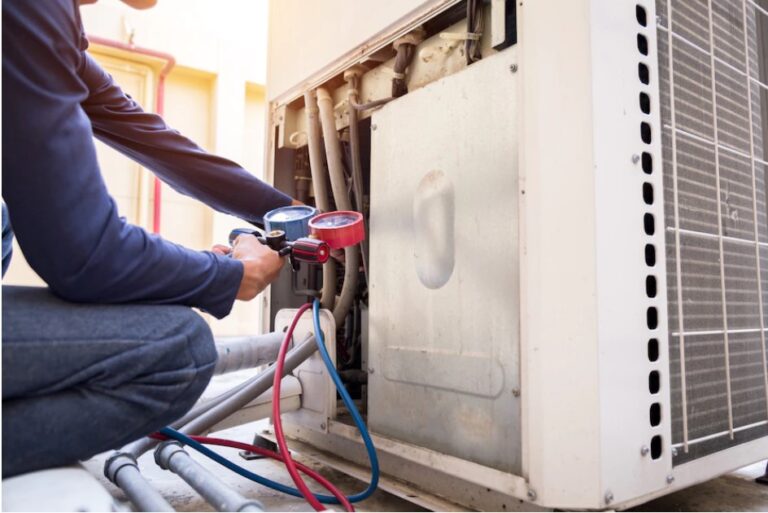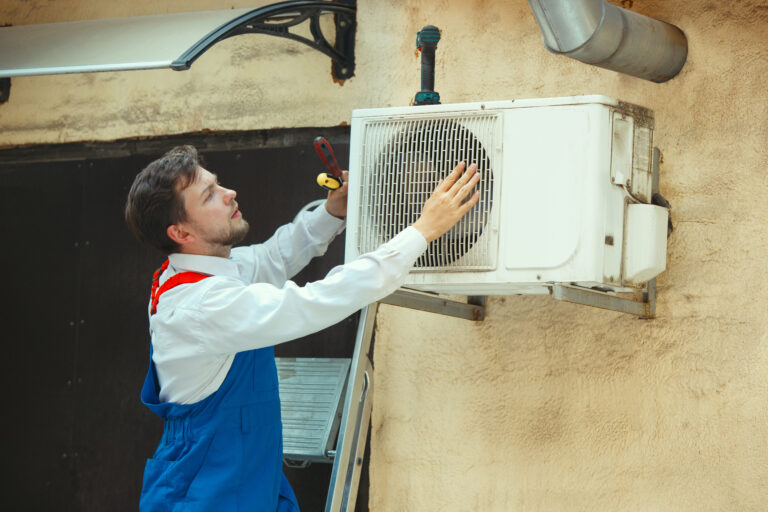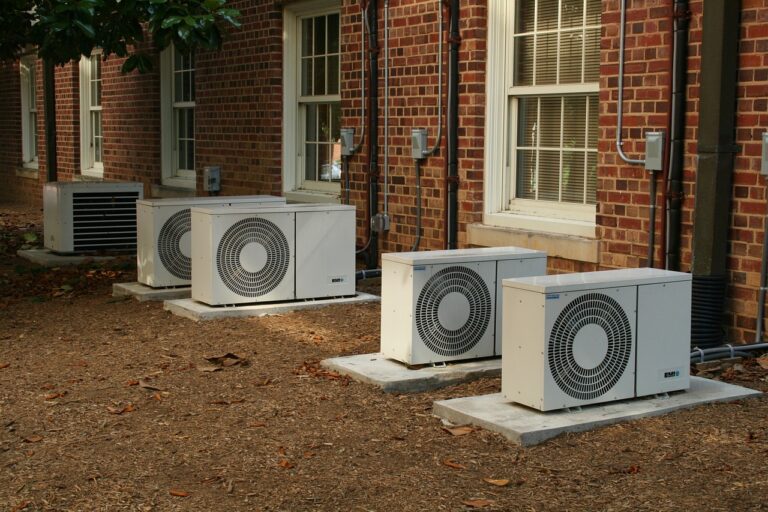How can I tell if my HVAC system needs to be repaired or replaced?
Over time, even the best-maintained HVAC systems will need repairs. But how do you know when it’s time for a repair, and when it’s time for a replacement? Here are some things to keep in mind:
Age: The average lifespan of an HVAC system is 15-20 years. If your system is approaching this age, it may be time to start thinking about replacement.
Efficiency: An outdated or inefficient HVAC system can end up costing you a lot of money in energy bills. If your energy bills have been gradually increasing, even after making changes to your home’s insulation and weatherproofing, it may be time for an upgrade.
Repair costs: Of course, the cost of repairs is also a factor to consider. If you find yourself frequently repairing your HVAC system, it may eventually become more cost-effective to replace the entire system.
If you’re not sure whether it’s time for a repair or replacement, the best thing to do is consult with a professional. They can help you assess the condition of your current system and make recommendations based on their findings.
How much will it cost to repair or replace my HVAC system?
The answer to this question depends on a few factors, such as the type of HVAC system you have, the age of your HVAC system, and the severity of the problem. If your HVAC system is relatively new and just needs a minor repair, then the cost will be lower than if you have an older system that needs to be completely replaced. Additionally, if the problem is severe, such as a broken compressor or leaks in the ductwork, then the cost will be on the higher end.
If your HVAC system is in need of repair or replacement, it is important to find a qualified technician to perform the work. There are a few things you can do to ensure that you find a reputable and qualified technician:1. Ask for referrals from friends, family, or neighbors who have had recent experience with HVAC repair or replacement.2. Check online review sites such as Google, Yelp, or Angie’s List to see what others have said about their experience with different HVAC technicians.
3. Contact your local Better Business Bureau (BBB) to inquire about any complaints that have been filed against potential technicians.
4. Once you have narrowed down your search to a few potential candidates, be sure to ask each one for references from past customers. This will give you an idea of the quality of work they are capable of and whether or not they are reliable and easy to work with.
Should I repair or replace my HVAC system?
The answer to this question depends on a few factors. The first is the age of your system. If your system is more than 10 years old, it may be time to start thinking about replacement. Even if your system isn’t that old, though, it may still need to be replaced if it isn’t working properly.
The second factor to consider is the cost of repairs. If the cost of repairs is more than 50% of the cost of a new system, then it makes more sense to replace the system.
The third factor is how often you have to repair your system. If you find yourself having to call for repairs more and more often, it’s probably time to replace the system before it breaks down completely.
So, when should you repair or replace your HVAC system? The answer depends on the age of your system, the cost of repairs, and how often you need repairs.
How can I extend the life of my HVAC system?
No homeowner wants to receive an HVAC repair bill or have to replace their entire system, so it’s important to do whatever you can to extend the life of your HVAC system. Below are four tips on how to keep your HVAC system running smoothly for as long as possible.
1. Schedule Regular Maintenance Appointments: Just like with your car, regular tune-ups for your HVAC system can help prevent larger problems down the road. During these appointments, a technician will clean and inspect all of the parts of your system to make sure they’re in good working order.
2. Change Your Filters Regularly: Another simple way to prolong the life of your HVAC system is by changing the filters regularly – at least every three months, or more often if you have pets or live in a dusty area. Clogged filters put extra strain on your system and can lead to premature wear and tear.
3. Keep Up With Repairs: If you do start noticing small issues with your HVAC system, don’t ignore them! It’s always better to take care of repairs sooner rather than later, before the problem has a chance to get worse (and more expensive).
4. Invest in Quality Equipment: When it comes time for a replacement, be sure to invest in high-quality equipment from a reputable company. Cheaper systems may seem like a good deal at first, but they often don’t last as long and end up costing more in repairs and energy bills down the line.
What are the most common problems with HVAC systems?
1. Not enough maintenance: One of the most common problems with HVAC systems is that they are not given enough maintenance. This lack of care can lead to a number of issues, such as decreased efficiency and higher utility bills. Additionally, neglected HVAC systems are more likely to break down, which can be costly to repair.
2. Dirty air filters: Another problem that can arise from insufficient maintenance is dirty air filters. These need to be replaced regularly in order to keep the system running smoothly and efficiently. Otherwise, the system will have to work harder than necessary to move air through the home, leading to increased wear and tear.
3. Refrigerant leaks: A leak in the refrigerant line is another issue that can decrease the efficiency of an HVAC system and cause it to break down more easily. This problem should be addressed as soon as possible by a professional, as it can be dangerous if left unchecked.
4. Thermostat issues: If the thermostat is not working properly, it can cause all sorts of problems with the HVAC system. For instance, the system may not turn on when it should or it may run continuously without ever reaching the desired temperature set on the thermostat. In either case, this wasted energy can lead to higher utility bills for homeowners .
5 . Ductwork problems : Last but not least , one of the potential issues with HVAC systems has to do with the duct work . If there are any leaks in the ducts , this can result in poor air flow and decreased efficiency . Additionally , if the ducts are not properly insulated , this can also lead to energy loss and higher utility bills .
What are the signs that my HVAC system is nearing the end of its life?
The end of your HVAC system’s life may be near if you notice any of the following signs:
1. Your energy bills are increasing, even though you haven’t changed your usage habits.
2. Your home isn’t as comfortable as it used to be, even when the thermostat is set at the same temperature.
3. You hear strange noises coming from your HVAC system, or it seems to be working harder than usual.
4. Your system is more than 10 years old.
If you notice any of these signs, it’s time to start thinking about HVAC repair or replacement service. You should also consult with a professional to get their opinion on what needs to be done.
